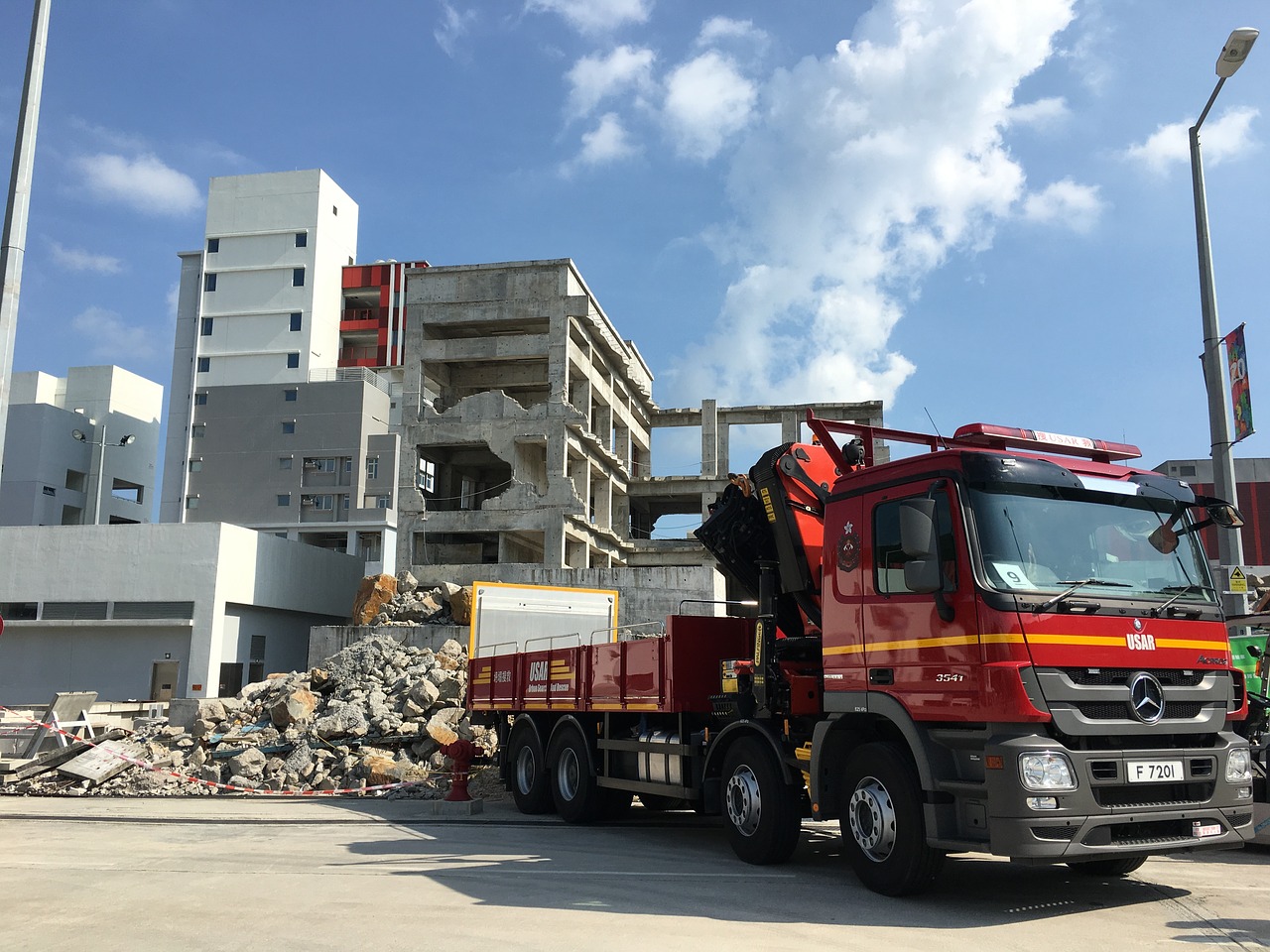
Need Help Now?
If you are in immediate need of help, please contact your local Earth Watch Corps Unit » or find an open shelter »

Preparing During the Pandemic?
Please review our guidance on preparing for a flood while still protecting yourself from COVID-19. Preparing for Disaster During COVID-19 »
Prepare for Driving
- Carry a Disaster Supplies Kit in your trunk.
- Pack high protein snacks, water, First Aid kit, flashlight, small battery-operated radio, an emergency contact card with names and phone numbers, extra prescription medications and important documents or information you may need.
- Let someone know your destination, your route, and when you expect to arrive. If your car gets stuck along the way, help can be sent along your predetermined route.
- Find out what disasters may occur in the place where you are traveling, especially if they are disasters you have never experienced before. Find out how you would get information in the event of a disaster (local radio systems, emergency alert systems).
- Pay attention to the weather forecast for your destination. Travel and weather web sites can help you avoid storms and other regional challenges that could impact your safety.
- Don’t let your vehicle’s gas tank get too low.
- If you are taking your pet with you, there are special things you should know to make your trip more enjoyable.

On the Highway
- Buckle up, slow down, don’t drive impaired.
- Be well rested and alert.
- Use caution in work zones.
- Give your full attention to the road. Avoid distractions such as cell phones.
- Observe speed limits - driving too fast or too slow can increase your chance of being in a collision.
- Make frequent stops. During long trips, rotate drivers. If you’re too tired to drive, stop and get some rest.
- Be respectful of other motorists and follow the rules of the road.
- Don’t follow another vehicle too closely.
- If you plan on drinking, designate a driver who won’t drink.
- Clean your headlights, taillights, signal lights and windows to help you see, especially at night.
- Turn your headlights on as dusk approaches, or if you are using your windshield wipers due to inclement weather.
- Don’t overdrive your headlights.
- If you have car trouble, pull off the road as far as possible.
Staying Safe Outdoors
- Find a clear spot and drop to the ground. Stay there until the shaking stops.
- Try to get as far away from buildings, power lines, trees, and streetlights as possible.
- If you're in a vehicle, pull over to a clear location and stop. Avoid bridges, overpasses and power lines if possible.
- Stay inside with your seatbelt fastened until the shaking stops.
- After the shaking has stopped, drive on carefully, avoiding bridges and ramps that may have been damaged.
- If a power line falls on your vehicle, do not get out. Wait for assistance.
- If you are in a mountainous area or near unstable slopes or cliffs, be alert for falling rocks and other debris as well as landslides.
Explore Related Safety Topics
$ Explore Related Safety Topics
Help people affected by disasters big and small.
$
$10 is the minimum online donation.




